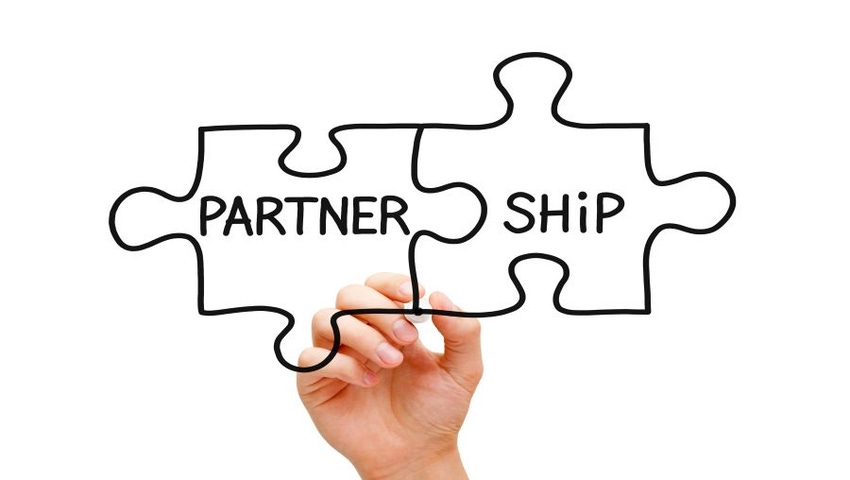Here are three things to watch out for that will keep the relationship between manufacturer and retailer healthy and profitable for both parties in a private label agreement.
August 14, 2017

A private label deal is good news for any business. For a small to medium-sized business, in particular, it can have many benefits. A private label contract is simply an arrangement between the manufacturer and a retailer to make a product under their private label. Sometimes, a private label arrangement can be made between a manufacturer and another brand that has a recipe, but no manufacturing expertise. These arrangements can be lucrative. There are two ways a private label contract can help a manufacturer improve its business.
The first is volume. When producing somebody else’s products as well as its own, the manufacturer's production volume goes up, which means costs go down. This allows it to take its own business up a notch while making better cost and profit numbers.
The second is reputation. By landing a private label contract, the retailer (or brand) recognize that the manufacturer is an expert in a certain type of product. By making someone else’s private label product, a manufacturer maintain status as a leader in its category and, if it does good enough work, reinforces its reputation for an expertly crafted product. It also doesn’t hurt that techniques used by a manufacturer will remain proprietary.
Now for the private label blindsides. Here are three things to keep the relationship healthy and profitable for both parties.
Labels and packaging. Don’t let the ink dry on the contract without agreeing who looks after this piece of the business. This may seem like a minor detail, but incorrect or poorly produced labels can prove detrimental to the sales of a product, and misleading packaging can lead to bad press. Be aware that a poorly coordinated marketing effort leads to bad packaging, which leads to new packaging and ends in sunken costs and frustration for all those involved.
Speaking of communication, it’s critical to get information back and forth that ensures a way to track each product iteration. This helps reduce reprint of packaging due to unnecessary mix-ups and miscommunication.
Category expertise. Manufacturers can teach each the buyer key facts about the, such as consumer behavior (how long do consumers typically spend selecting a product?) to shopping basket analysis (what other products does the retailer carry that will likely sell well with the item?).
Pricing. The first thing to note is, “Pricing is at the sole discretion of the retailer," so manufacturers shouldn’t tell the retailer what the retail price should be. Having said that, the manufacturer will undoubtedly be asked for its perspective on what the appropriate pricing is. This is the manufacturer’s opportunity to help the category grow in a healthy and profitable manner.
A new private label relationship is exciting! It can propel a manufacturer's business to new heights and help it grow as a brand. Following the tips above will help a manufacturer solidify that contract into something that will produce a long-term, healthy and profitable partnership.
Phil Chang is head of retail at Hubba, a Toronto-based network that brings together retailers, brands and influencers. He previously worked at companies such as Johnson & Johnson, Unilever, Pfizer and Target. He's held positions from sales to purchasing to global franchising. You can find him on Twitter @RetailPhil.
About the Author(s)
You May Also Like




.png?width=800&auto=webp&quality=80&disable=upscale)